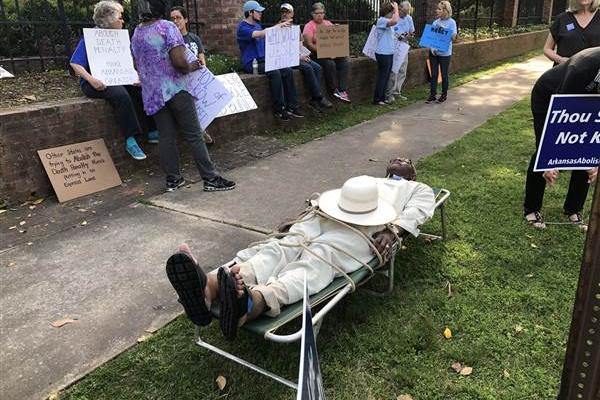May 24, 2017
Griffen is still flummoxed how a ruling on a routine property case coupled with participation in his church’s Good Friday prayer vigil put him in the eye of a political storm — one that may now cost him his job. But he suspects the issue goes deeper than whether or not he impartially followed the law.
Read the Full Article

Already a subscriber? Login
